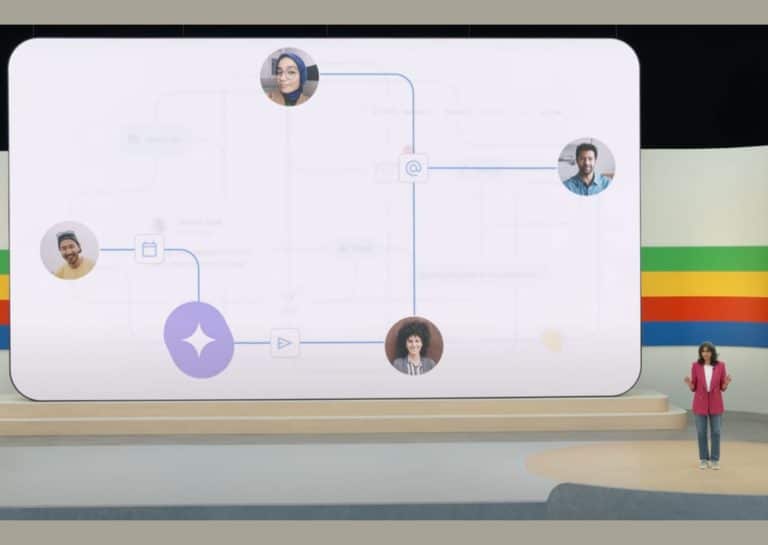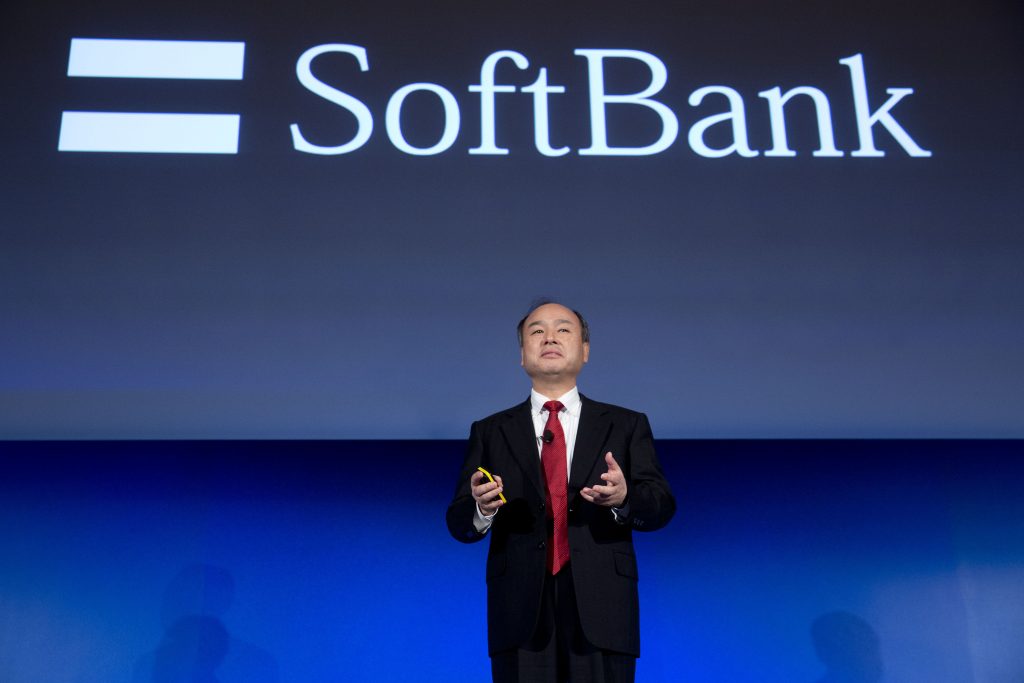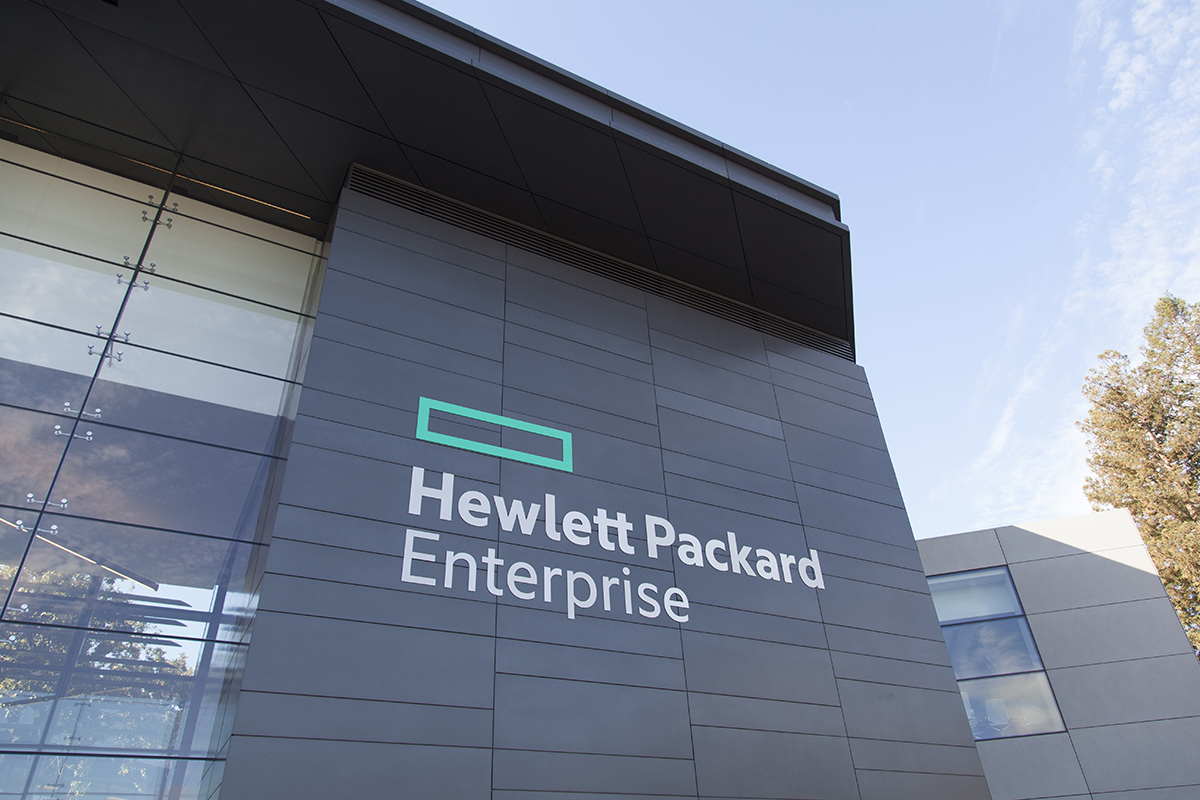|
Listen to this story
|
Google has introduced a new proposal “Web Environment Integrity Explainer” drafted by four of its engineers, revolving around the fundamental idea of enhancing “trust and security” in the client environment. It introduces a new API that enables websites to request a token, providing evidence about the client code’s surroundings.
In short, Google is killing ad blockers.
No matter how easy or a positive move it seems at first glance, it has sparked controversy in the tech community for being a huge red flag in privacy rights.
Digging Deeper
According to Google’s engineers, websites will have the freedom to trust or not trust the information provided by the token. Usually, the information will come from the operating system, but it’s not mandatory. Different operating systems may use the same information source.
The goal of this tool is to help websites “detect fraud and ensure the authenticity of devices” and software. They want to create a strong and long-lasting solution to prevent abuse.
The proposed API, despite being presented as a tool to foster trust, could potentially be exploited to control user behavior on the web. It might serve as a concealed introduction of Digital Rights Management (DRM) into web pages, rendering ad-blocking nearly impossible. It can force users to use fully-locked down devices or prove their authenticity to access online content.
This also raises concerns revolving around the possibility of monopolistic control, where tech giants like Google may manipulate trust scores by controlling “attesters” responsible for verifying client environments. Google can easily exploit this by favoring Chrome as the attester, subtly promoting Chrome’s dominance over other browsers like Firefox. The “attesters” are the ones who decide if your device and browser can be trusted to access certain websites. This setup is meant to restrict your freedom to choose any browser you like on any operating system, which could harm the open web.
Google is Now an Ad-Blocking Company
The rise of ad-based business models has been a driving force behind the development of the web, enabling the growth of numerous online platforms. Unfortunately, this trend has also led to the overwhelming influence of a single web browser controlled by Google so it has created a situation where majority of the web’s development and specifications are subject to the decisions made by the big tech.
As per reports, Google’s Chrome dominates the browser market with 63% while Apple’s Safari ranks second with a market share of 20.72%. Following closely behind are Microsoft Edge and Opera, holding market shares of 5.31% and 2.82% respectively. Mozilla’s Firefox holds a market share of 2.77%.
Google’s main source of revenue in 2022 was search ads. Out of the impressive total of $279.81 billion earned by the company, an astonishing $162.45 billion came from search ads alone. In addition to this, Google and YouTube introduced two AI-powered ad solutions called Demand Gen and Video View.
Google’s dominant position in the web browser market, with its massive user base, makes it seem invincible to many. This will not just impact Chrome users but also alternative browsers like Brave or Edge, which are also built on the same open-source web browser project Chromium. As a result, traditional methods of advocacy and promoting alternatives, such as the Firefox browser, is useless.
User Identity at Stake
It is a human right that everyone has the right to privacy online, encompassing the freedom from surveillance, the right to use encryption and be able to protect anonymity online. Each person should also have control over their personal data, including how it is collected, stored, used, deleted, and shared.
The API defies all of these at one go which is a huge breach of privacy.
The API allows websites to request a token that provides information about the user’s device and software stack, an indication that Google can harvest more data about users than they need for normal website functionality.
While the proposal states that the tokens will not include unique identifiers, there is still a risk of potential misuse of this system. If websites start associating specific devices with user behavior, it could lead to profiling. This profiling might be used for targeted advertising or even discriminatory practices, which raises ethical and privacy concerns.
The proposal also does not mention explicit user consent for the collection and use of this information. The API could also potentially undermine users’ ability to browse the web anonymously, especially if websites can link specific device and software information with individual users over time.
Another pressing concern is how to prevent attesters from using the system to exclude certain vendors. The proposal vaguely mentions requiring attesters to offer their services under the same conditions to all browsers meeting certain baseline requirements, but specifics on setting these requirements and enforcing them remain unclear.
Just a couple of weeks back, Google quietly made changes to its privacy rules and revealed that it collects information from public sources on the internet to make its AI services like Bard and Cloud better.
So it is not a surprise that your data is the reason why LLMs like PaLM-2 will just get bigger and better over time.
So, proceed with caution!
Read more: Why Google Is Killing Itself








































